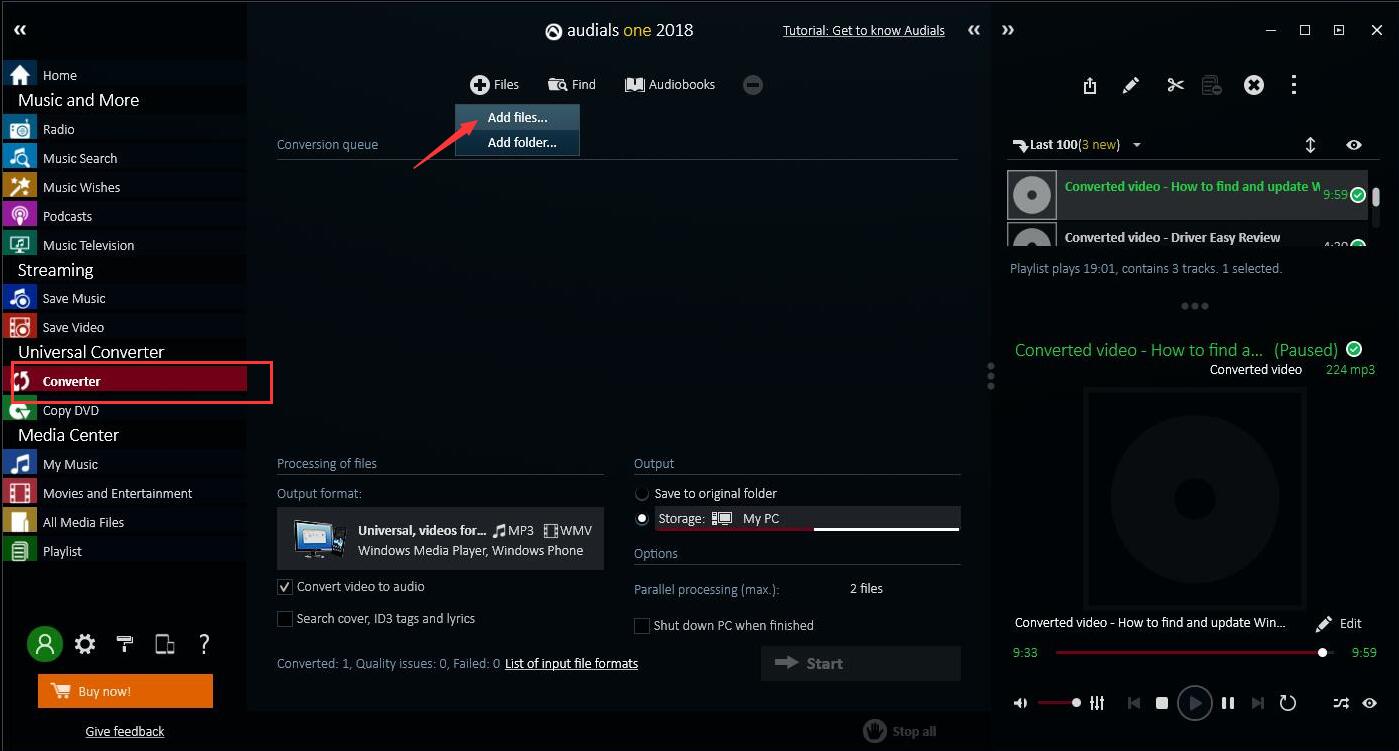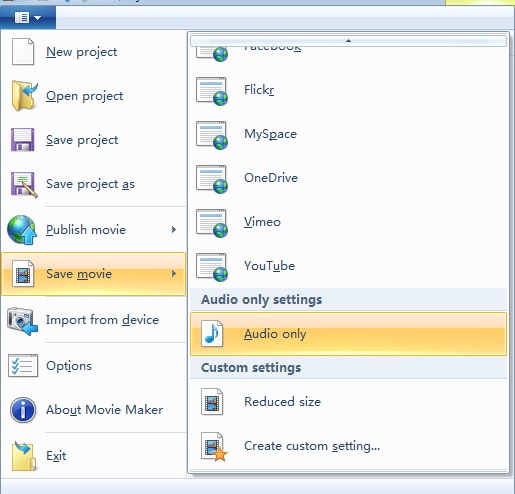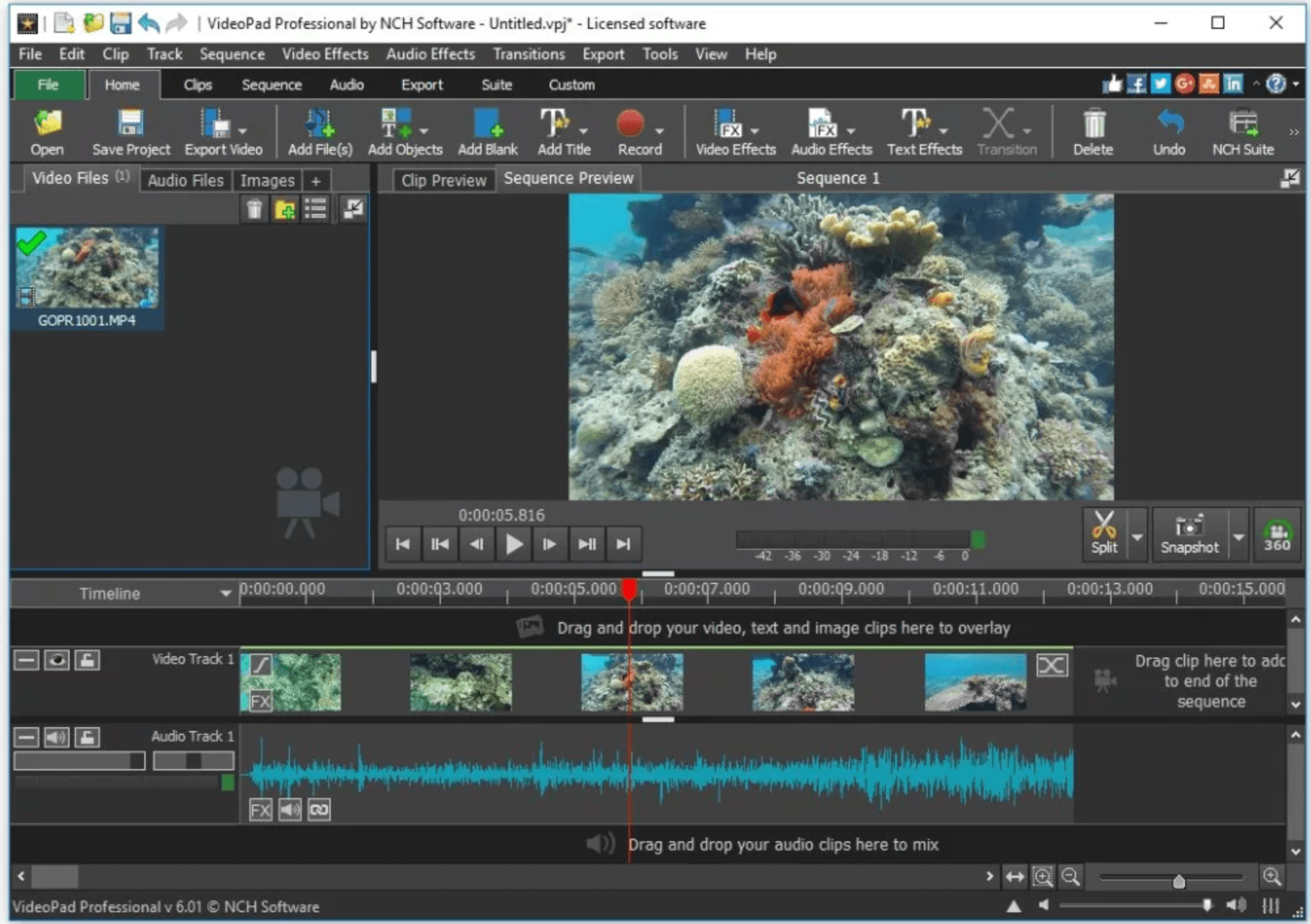
We need to import the moviepy package or the editor class alone specifically. Once we are done with the installation of the packages, we are already done with most of the work. Python program to extract audio from video If no errors show up, you are good to proceed further. To test if the package has been installed correctly, run the following code on your Python shell. The below code can be used to install moviepy pip install moviepy This does not come inbuilt and hence we need to install and we will use the package manager pip for this purpose. Handling the video in its raw binary format will become complicated and hence for this purpose, we will make use of an external library called moviepy.

You may need this as a feature of your project or for automating tasks using Python scripts. If you have questions or suggestions, feel free to leave a comment.In this article, we will discuss how to extract audio from a video in Python. You can also read about recording Skype calls in Ubuntu. If you want to experiment with audio-video further, I suggest to read on how to record streaming audio in Ubuntu. There are a lot of other options to extract audio from a video file in Linux, including Sound Converter, which is fairly simple to use and is available for all Linux Distributions as its tarball can be downloaded. Replace and with the corresponding paths along with appropriate file extensions. To extract audio from an input video file using ffmpeg, use: ffmpeg -i input-video-file output-audio-file To install ffmpeg on Ubuntu and Debian based distributions, run: sudo apt install ffmpeg In this case, ffmpeg can be used, which is a command line tool which can extract audio fromo the desired video with just one command.

Method 3: Extract audio from video using ffmpeg command line toolĪlmost anything can be done on the terminal and most of the time, it requires just one command. Once you’ve set the required settings, click on the Add Video button, choose the source video and wait for the conversion to complete. In Preferences, you can choose the desired audio format, quality and destination folder. If you want to save it in a custom location, first click the Preferences option. When you select the Add Video option, the audio is extracted and the audio file is saved in a preconfigured location (~/Music/4K\ Video\ to\ MP3/). Once, 4K Video to MP3 is successfully installed, launch 4K Video to MP3 from the application menu. For faster installation, I would recommend to use gdebi as your default installer instead of Ubuntu Software Center.


Once downloaded, double click on it to install.


 0 kommentar(er)
0 kommentar(er)
